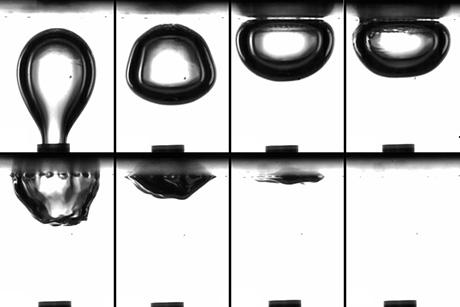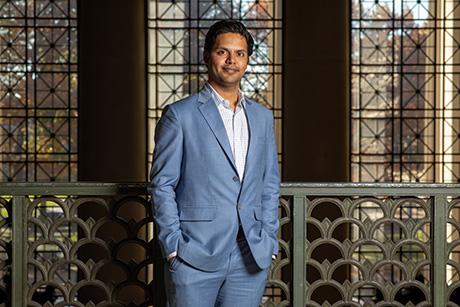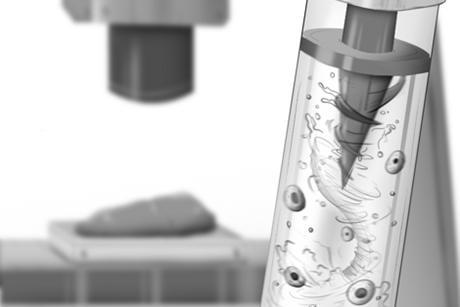Three at MIT named 2018 fellows of the National Academy of Inventors
MIT President L. Rafael Reif and two engineering faculty members have been named 2018 fellows of the National Academy of Inventors (NAI). In alphabetical order:
Linda G. Griffith is the School of Engineering Teaching Innovation Professor of Biological and Mechanical Engineering and a MacVicar Fellow at MIT, where she directs the Center for Gynepathology Research. Her research is in the field of regenerative medicine and tissue engineering. Her laboratory was the first to combine a degradable scaffold with donor cells to create tissue-engineered cartilage in the shape of a human ear. The 3-D printing process she co-invented for creation of complex biomaterials scaffolds is used for manufacture of FDA-approved scaffolds for bone regeneration. She also contributed new concepts to nanoscale biophysical control of receptor engagement by biomaterials, and has developed and commercialized a microfluidic multiwell bioreactor for 3-D culture models of liver and other tissues.
Muriel Médard is the Cecil H. Green Professor of Electrical Engineering and Computer Science at MIT, where she leads the Network Coding and Reliable Communications Group at the Research Laboratory for Electronics. Her research interests are in the areas of network coding and reliable communications, particularly for optical and wireless networks. Her work in network coding, hardware implementation, and her original algorithms have received widespread recognition and awards. Médard is the co-founder of three companies to commercialize network coding — CodeOn, Steinwurf and Chocolate Cloud.
Rafael Reif serves as president of MIT. He pioneers efforts to help shape the future of higher education and champions both fundamental science and MIT’s signature style of interdisciplinary, problem-centered research. Among other things, Reif developed the Institute’s latest experiments in online learning, MITx and edX, which he spearheaded in his previous role as MIT provost. He launched The Engine, an accelerator specially geared to help “tough tech” ventures deliver innovations that address humanity’s great challenges. To advance the frontier of human and machine intelligence to accelerate the invention of artificial intelligence tools for every discipline, Reif announced the MIT Quest for Intelligence in February 2018. And in October 2018, in response to the ubiquity of computing and the rise of AI across disciplines, he announced the MIT Stephen A. Schwarzman College of Computing, the most significant reshaping of MIT since the 1950s.
Election to NAI Fellow status is the highest professional distinction accorded to academic inventors who have demonstrated a prolific spirit of innovation in creating or facilitating outstanding inventions that have made a tangible impact on quality of life, economic development, and the welfare of society.
The 2018 class of Fellows represent 125 research universities and governmental and nonprofit research institutes worldwide and are named inventors on nearly 4,000 issued U.S. patents. To date, there are over 1,000 NAI Fellows who have generated more than 11,000 licensed technologies and companies, created more than 1.4 million jobs, and generated over $190 billion in revenue.
The 2018 NAI Fellows will be inducted on on April 11, 2019, as part of the Eighth Annual Conference of the National Academy of Inventors in Houston, Texas. U.S. Commissioner for Patents Andrew H. Hirshfeld will deliver the keynote address for the induction ceremony. In honor of their outstanding accomplishments, fellows will receive a special trophy, medal, and rosette pin.


